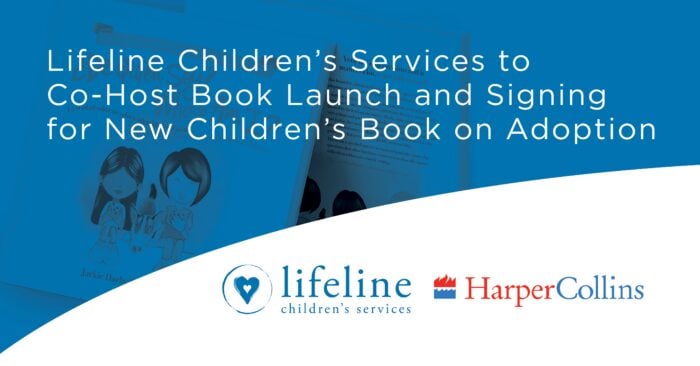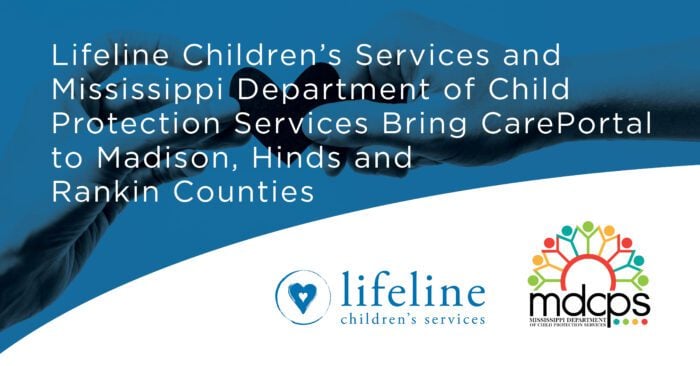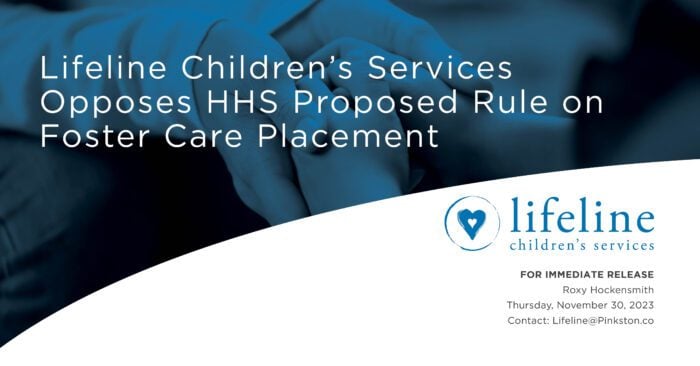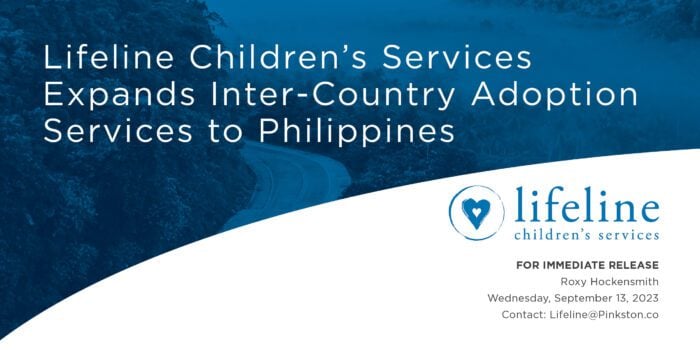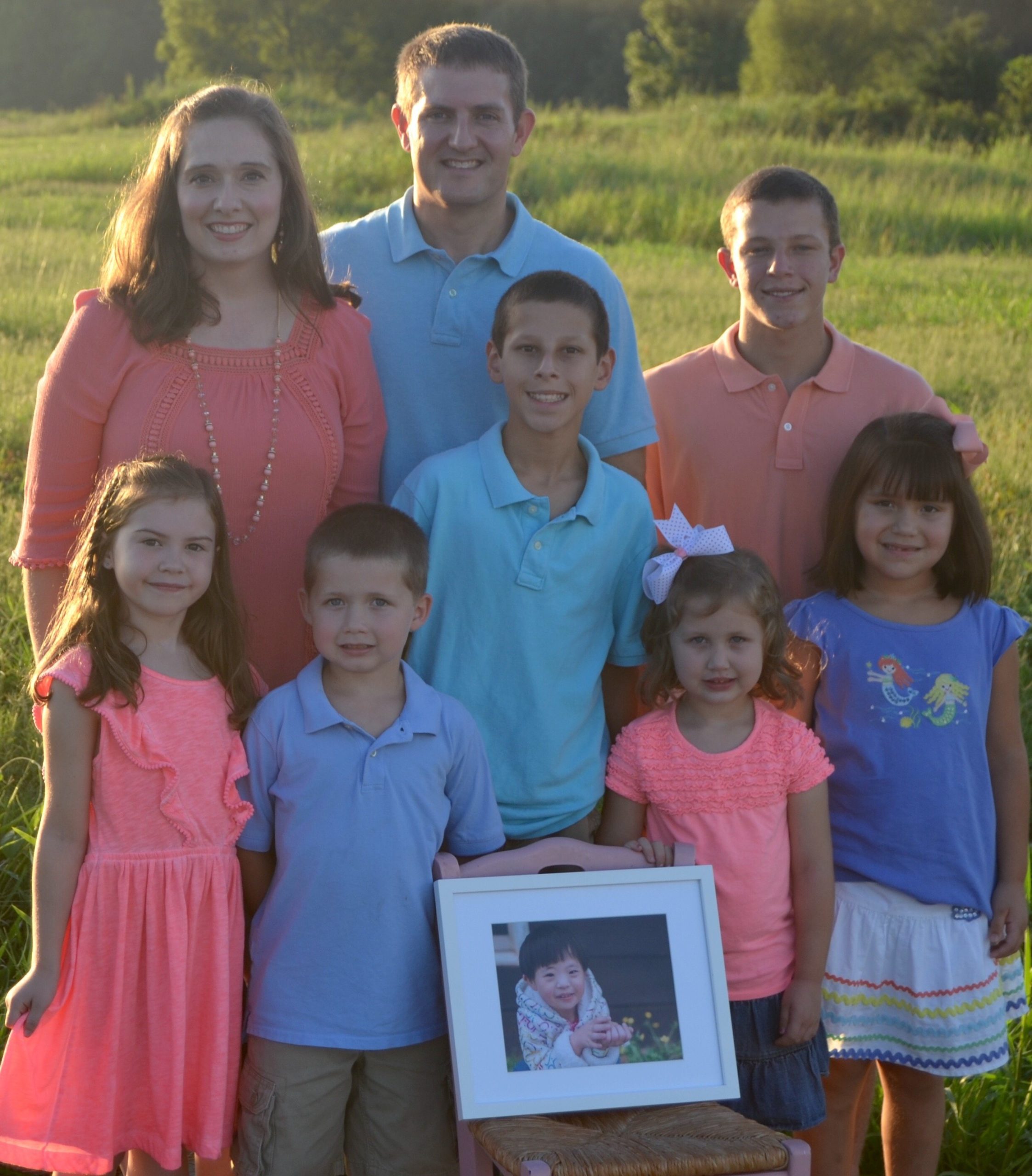Gabe and Melissa Ross have adopted two sons internationally from Ukraine, four children domestically through foster care, and are in process to adopt a daughter from China. Through their experiences of adoption, they have become well aware of the difficulties and challenges that come from parenting children from trauma or hard places.
Lifeline’s Crossings team has been developing training curriculum and leading prospective adoptive parents in this training for the purpose of helping them navigate the waters of adoptive parenting. This kind training is essential to help give parents the tools that they will need to foster attachment and healing with their newly home children. Hear Melissa’s experience with Crossings from her own words below. (Melissa’s words are in bold.)
When we first adopted the boys, Crossings had not yet been created. Our first six months home were incredibly difficult. The boys had no idea of what “home” or “family” meant. They were very indiscriminant with strangers. We struggled with tantrums, biting, hitting, and head butting. The boys literally bounced off the walls all day long. At times I thought, “what have we done – our lives will never be the same.” Over time, we became a family and we adjusted to our “new normal.” In the years following, we also faced similar issues with several of our children who came to us via foster care.
While in the process to adopt their daughter, Nora Joy, the Ross family completed Crossings training. Because of the importance of this training and the various ways it benefits parents and children, it is now part of Lifeline’s requirement for adoption training. The Ross family firmly understands why:
Crossings is so important because it helps prepare families to parent children from hard places. These children have so much trauma and hurt in their past and often do not respond well to “typical parenting.” I wish Crossings had existed before we adopted [our sons from Ukraine]. It would have helped us to know that we were not alone in this battle for our children’s hearts and minds. It would have given us the tools and resources to be able to parent with more grace and effectiveness. I guess you could say we learned “the hard way” with Stephen and Thomas. I feel so much more equipped to parent Nora Joy. I know where to find the tools and resources that will help her. I understand so much more the importance of “cocooning” and taking the time to bond with her.
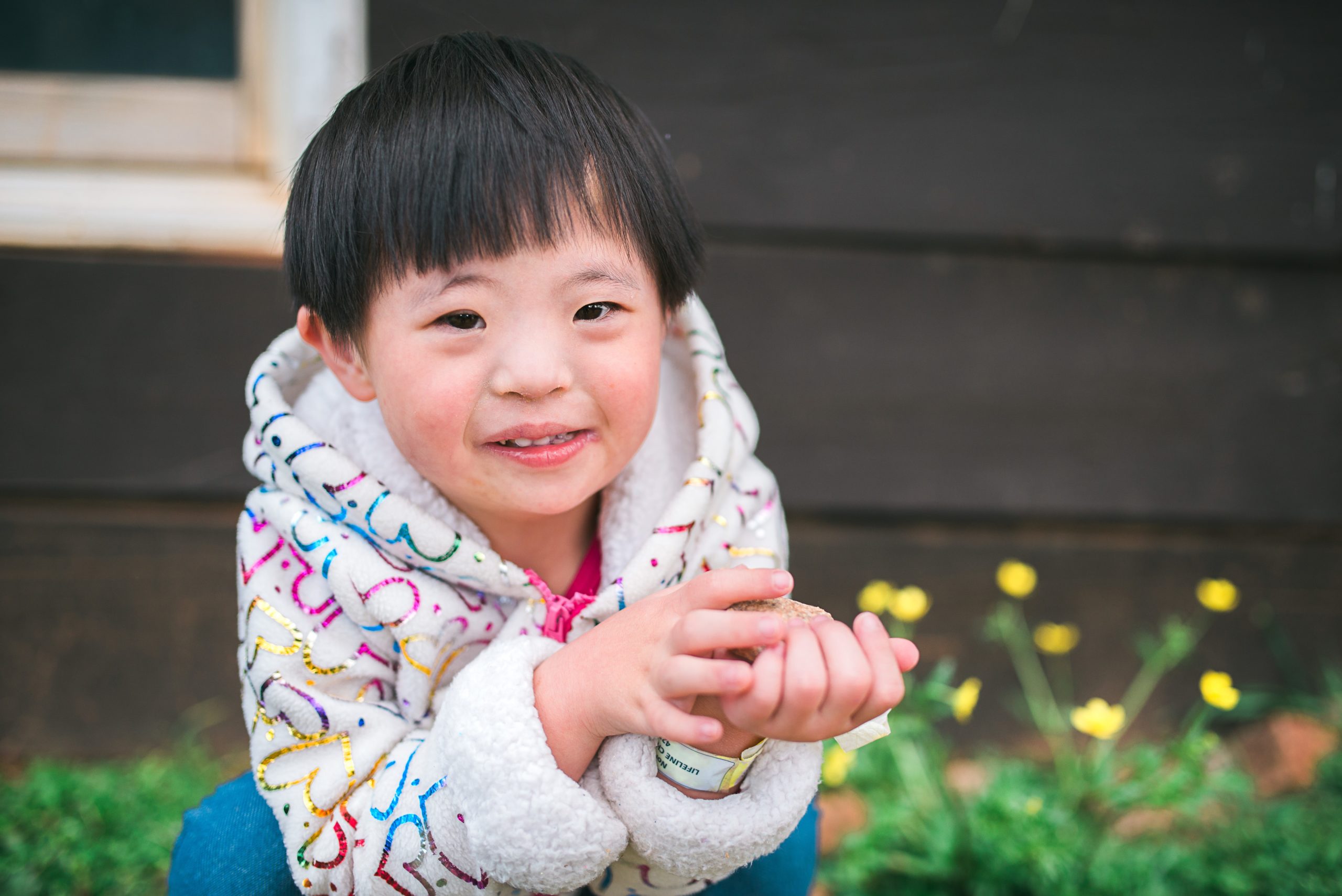

Crossings addresses the reasons why children from hard places may behave in certain ways, but it also gives practical tools and options for how to navigate those waters. In addition, this training gives essential information to help attachments form early and strongly, which is essential to a child’s healthy relationships as well as family dynamics. Melissa understands that Crossings cannot prepare a family for every thing that will happen, but she understands that she now has resources and a good foundation to begin life with a newly adopted child:
Crossings does a great job of explaining how kids are emotionally, mentally, and physically impacted by early trauma. Crossings teaches parents how to begin to reach a child who has been newly adopted and who has just lost everything that is familiar to them. These children are often terrified and grieving. Crossings provides you with specific tools to help you bond with your new child. Crossings also informs parents about resources like occupational therapy, the International Adoption Clinic, and play therapists. I think the biggest blessing of Crossings is just preparing parents for the possibility that you may have struggles when that precious child is placed in your arms, but that you are not alone and there are resources that can help.
Adoption is not an easy journey, and it was not meant to be taken alone. At Lifeline, our Crossings training gives parents tools to use, but we walk with families through the entire journey—even after they get home. We want to help families grow into healthy relationships. That means that we want families to contact our post-adoption team. Sometimes the tool families need to use is the phone number or email to a post-adoption social worker. For Melissa, she would encourage families to not be afraid of asking for help:
More than anything, I’ve learned that being a parent is humbling, and parenting children from hard places is difficult. Don’t be afraid to say “we are struggling” and you need some help. It doesn’t mean that you are not a good parent; it means that you are willing to do what it takes to help your child be successful. Connection based parenting is not how most of us were raised or how we would even parent biological children. It can be so helpful to have someone come alongside of you to encourage you and let you know that you are not alone in this struggle. Sometimes in the midst of parenting a hurt child you need someone that can offer new strategies, or to help connect you with a therapist or counselor. Lifeline’s post-adoption staff is there to support you.
Lifeline holds families’ hands throughout the entire adoption process. One of the most meaningful and unique aspects of our process is Crossings. We require it because we believe that children are valuable and worthy of the healing that families who are prepared and supported can help bring through the love of Christ. Throughout this long process, Melissa believes that Crossings is the most beneficial training they have received:
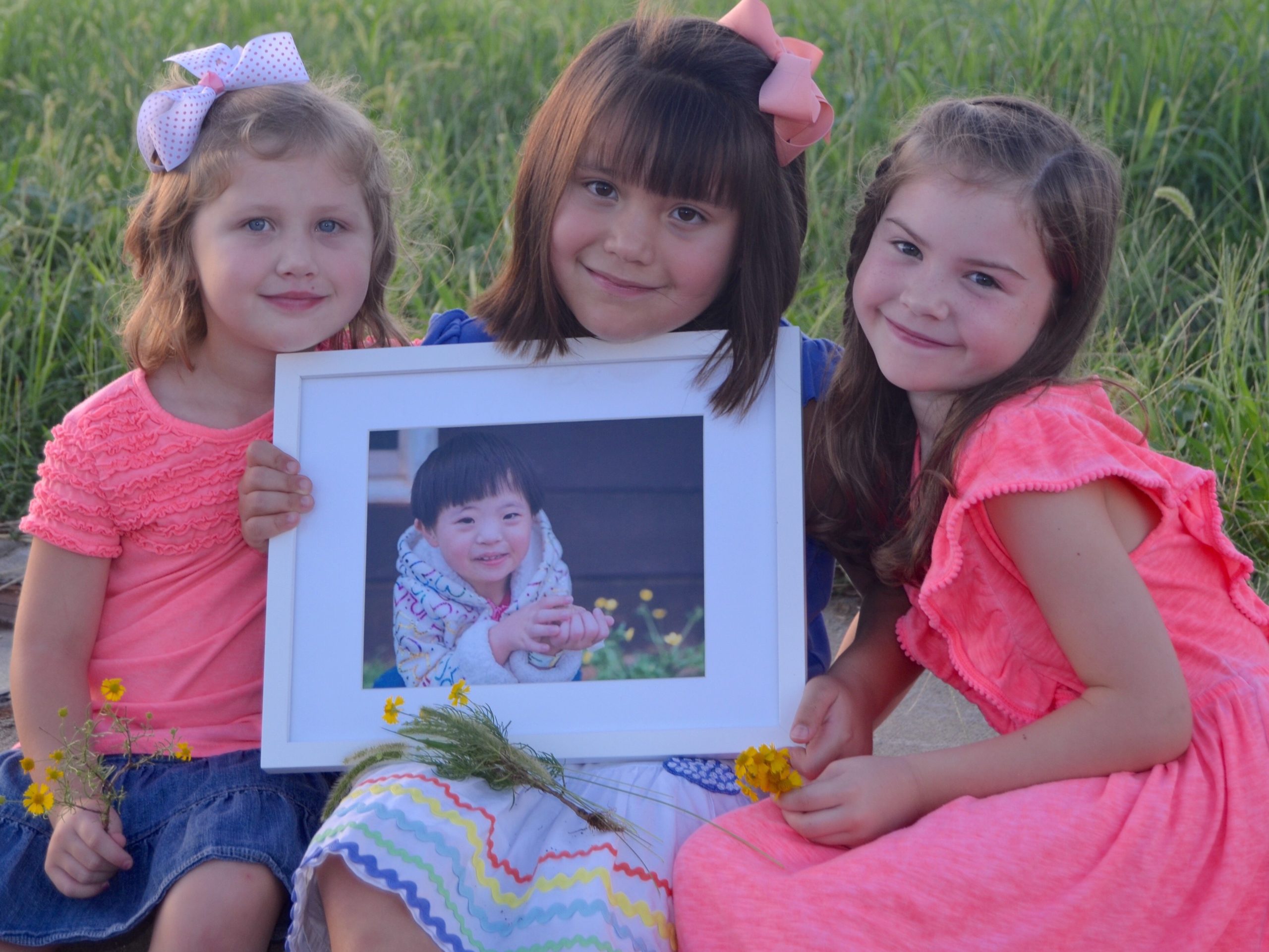

We have prepared our home and our hearts to bring Nora Joy home. We have purchased toys and clothes and bedding. We have filled out an endless supply of paperwork and forms, but the thing that has prepared us the most is attending Crossings. What we learned in Crossings will prepare us to parent Nora Joy for many years to come.
